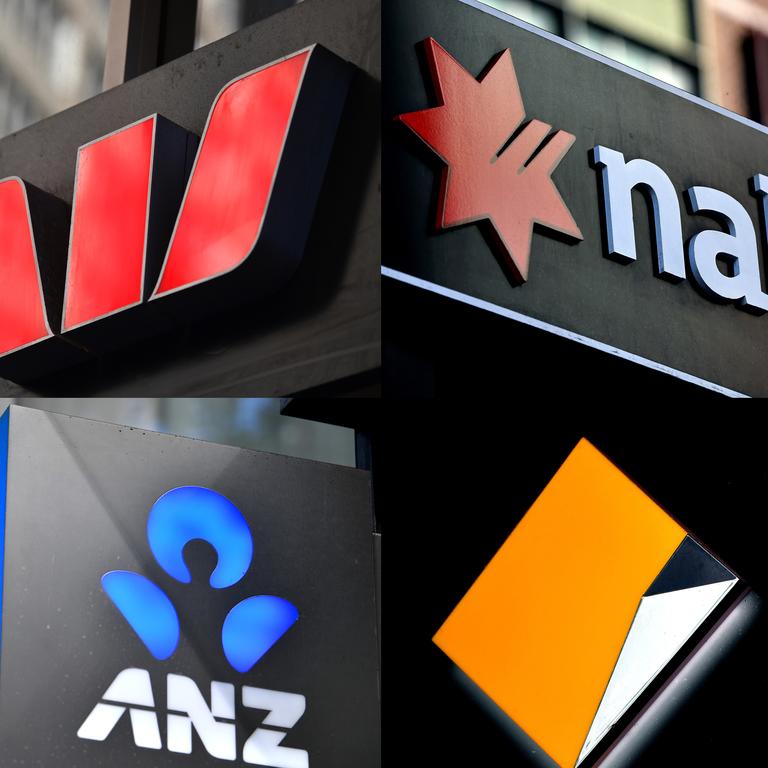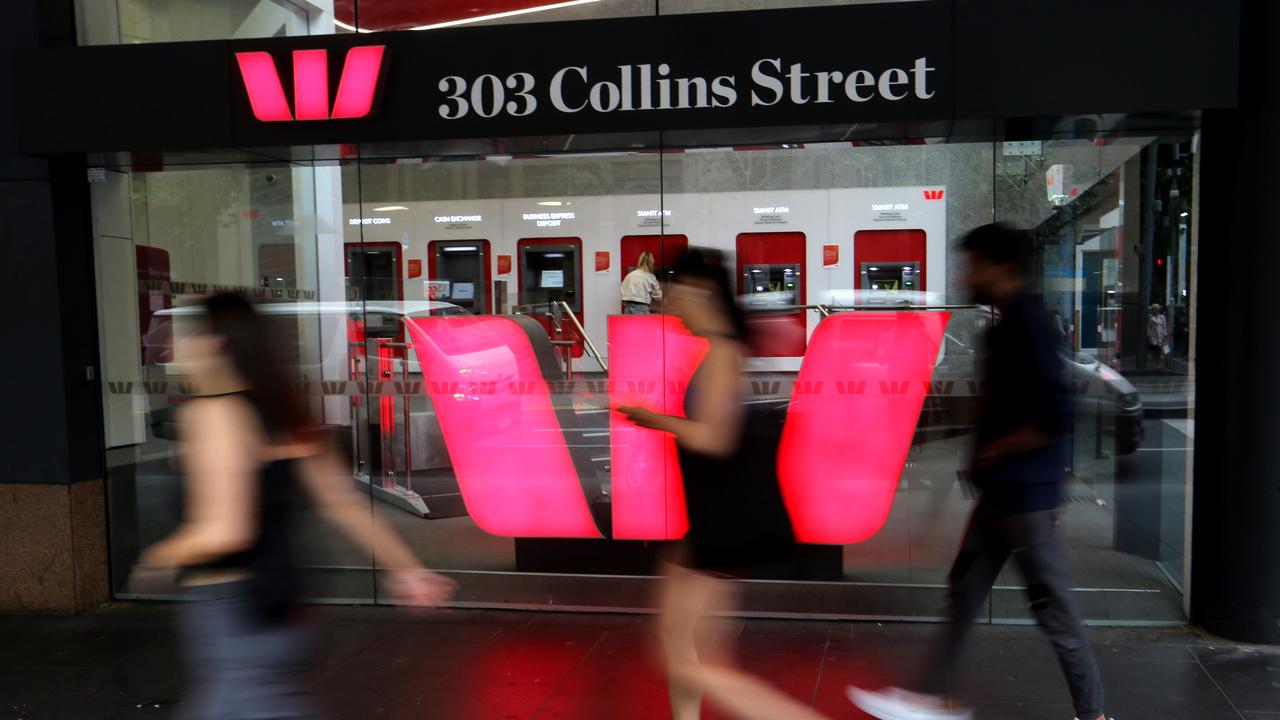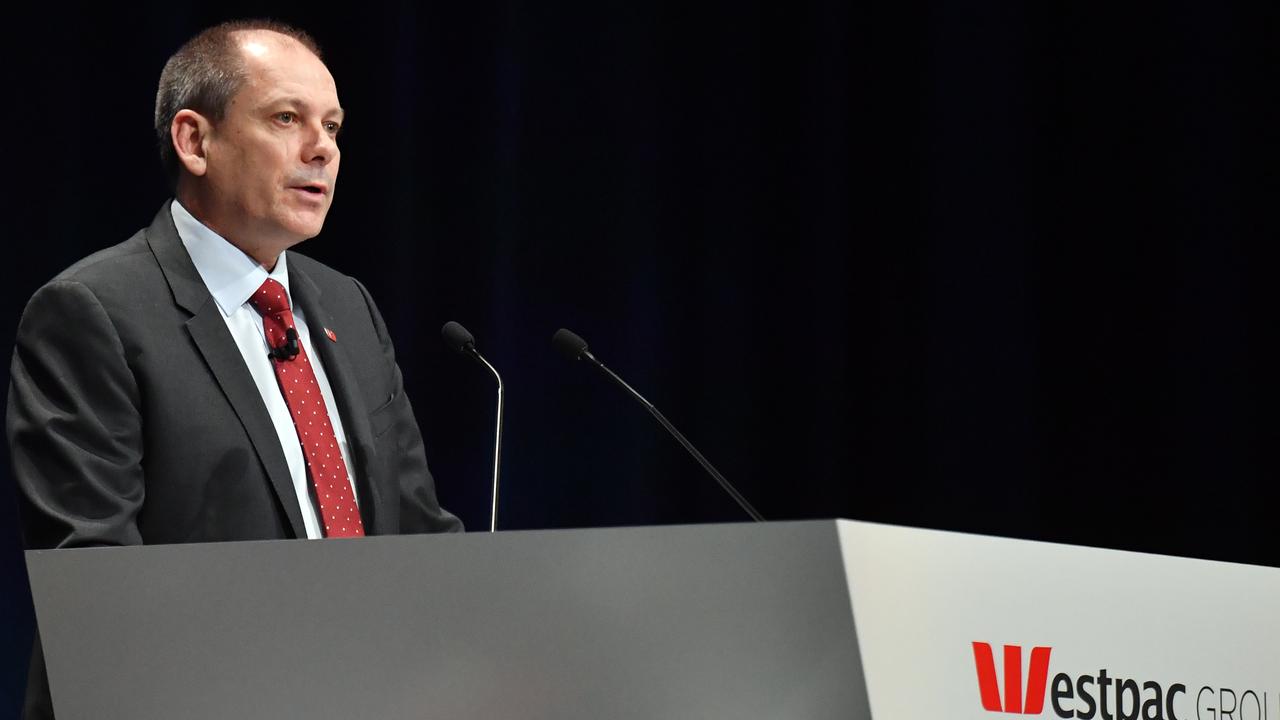Consumer Data Right pushed back to July 2020
You now have to wait another six months for a change that will give you more control over your data and make it easier to switch banks.
The big four banks have been given a reprieve from a change that would give consumers more command on their money and make it easier to switch banks, energy providers, and telcos.
The Consumer Data Right (CDR) was announced towards the end of 2017.
Once it comes in to effect, consumers will be able to share current banking details, such as credit and debit card transaction history, with a bank they’re considering switching to.
This makes it easier for that bank to tailor its products to consumer needs to get the best deal.
The theory goes that because consumers own their own data, they should have control over who it is shared with.
The introduction of the CDR could have a huge impact on banks, given a perception people rarely switch from one to another.
But new options in the financial technology sector (“fintech”) such as neobanks which operate exclusively online (thereby saving money not maintaining a branch network) are expected to benefit from the changes.
But they’ll have to wait a little longer.

The Australian Competition and Consumer Commission (ACCC) announced on Friday it would push back the introduction of the CDR until July next year for credit and debit card, deposit account and transaction account data.
It was supposed to take place in February.
The right to share mortgage and personal loan data will also become available in November.
The ACCC said it pushed the introduction back in order to work out how the CDR will be implemented, as well as what security and privacy protections will be in place.
“The CDR is a complex but fundamental competition and consumer reform and we are committed to delivering it only after we are confident the system is resilient, user friendly and properly tested,” ACCC commissioner Sarah Court said.

“Robust privacy protection and information security are core features of the CDR and establishing appropriate regulatory settings and IT infrastructure cannot be rushed.”
Once the CDR does eventually apply to the big banks, there are plans to expand it to smaller banks, and then on to energy providers and telcos.
In September, the ACCC announced the first ten fintechs to test the data portability will be 86,400, Frollo, Identitii, Procure Build, Quicka, Regional Australia Bank, Verifier Australia, Wildcard Money, Intuit and Moneytree.
RELATED: New blow in banking scandal
RELATED: Westpac scandal crowned banking’s big year
WHO DO YOU TRUST WITH YOUR MONEY?
Recent scandals in the banking sector, as well as the extraordinary stories that emerged from the banking royal commission might have people thinking about switching banks.
But according to data on what institutions consumers trust, they tend to not make too much of a radical change.
Comparison website Finder recently launched its Consumer Sentiment Tracker, which collects data on how Australians feel about topics like wealth, happiness, financial sentiment and environmental awareness.

When asked what institutions they trusted, 21 per cent of the sample surveyed (which is currently numbered at 8146 Australians, a number Finder said is growing by 1000 every month) said they trust small banks, compared to 20 per cent that trusted big banks.
Sixty nine per cent of people said they “somewhat” trusted small banks but only 53 per cent somewhat trust big banks.Twenty eight per cent said they straight up “do not trust” big banks, while only 10 per cent said the same about small banks.
But for fintechs, the numbers are pretty grim.
While somewhat understandable, given they’re relatively new players and have no physical locations, only eight per cent of Australians trust fintechs to handle their money. Fifty six per cent said they somewhat trusted the new financial services, and 36 per cent said they didn’t trust them, making them the least trusted institution covered on the tracker, behind big banks and the government.
Twenty one per cent of people did not trust energy providers, and 20 per cent did not trust telcos, which will also fall under the CDR one day.
Though of course it’s worth taking these numbers with a grain of salt and it’s likely many consumers will.
Only 11 per cent of respondents said they trust mainstream media outlets, 63 per cent somewhat trust them, and 25 per cent said they don’t.
Have you considered switching or have you switched banks in the last 12 months? Let us know in the comments below.



